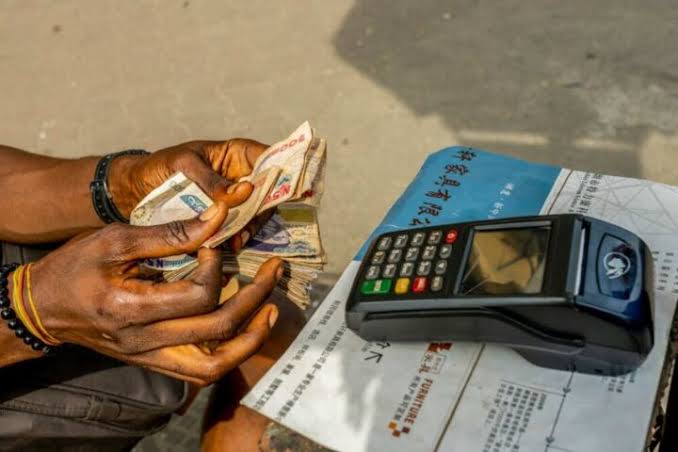The Federal Government’s plan to impose a N50 levy on electronic money transfers above N10,000 has sparked widespread concern, with economists warning that the policy may stifle Nigeria’s rapidly growing fintech sector and discourage the adoption of digital financial services. The levy, which is set to take effect on September 9, 2024, will impact all transfers processed through platforms such as OPay and Moniepoint.
Announced as part of efforts to boost revenue through the Electronic Money Transfer Levy (EMTL) under the Finance Act 2020, the fee is designed to target electronic transactions, a strategy economists believe could have serious repercussions for the economy.
Marcel Okeke, former Chief Economist at Zenith Bank, noted that while the government’s intent is to increase revenue, this policy could have unintended consequences. According to him, targeting the fintech industry, which has been crucial in pushing for a cashless economy, could slow down its momentum.
“The timing of this levy is problematic, especially given Nigeria’s growing reliance on digital payments,” Okeke said. “A N50 charge might not seem much, but it can discourage many users from using these platforms, especially when other alternatives with lower fees are available.”
He emphasized that the fintech sector has been essential in bridging the gap for Nigeria’s unbanked population, offering more accessible and affordable financial services. However, with this additional cost, he fears that many users may revert to traditional banking methods or even cash, derailing the progress made towards a cashless economy.
Another economist, Alias Aliyu, described the government’s decision as a “short-term revenue measure” that fails to consider the current economic pressures on Nigerians. He highlighted that consumers are already grappling with inflation, fuel subsidy removal, and higher taxes.
“The government has been generating revenue from various sectors, from floating the naira to increasing VAT,” Aliyu explained. “Adding a levy on electronic transfers may increase the financial burden on individuals and businesses, particularly at a time when Nigerians are struggling to keep up with the rising cost of living.”
Aliyu also raised concerns that the move might disrupt the flow of small businesses that rely on fintech platforms for daily operations. For many small and medium-sized enterprises (SMEs), platforms like OPay and Moniepoint have become integral due to their lower transaction costs and faster service compared to traditional banks. The N50 levy, however, could lead to increased operational costs for these businesses, potentially affecting their cash flow and growth.
Students, one of the key demographics that have benefited from the rise of fintech services, are also voicing concerns. The National Association of Nigerian Students (NANS), through its Senate Clerk, Oladimeji Uthman, issued a statement condemning the levy. Uthman pointed out that the majority of students use digital transfers to manage their expenses, from school fees to daily living costs, and the additional N50 charge could significantly impact their already stretched budgets.
“The new levy will only increase the financial burden on students and the general populace,” Uthman stated. “The government needs to rethink this policy, especially considering that many students depend on these services for their survival. Instead of imposing additional taxes, they should look at alternative ways to boost revenue, such as investing in key sectors like education, agriculture, and infrastructure.”
NANS further argued that this levy disproportionately affects students and low-income earners who use fintech platforms to avoid higher banking fees, viewing it as a move that undercuts the benefits of the digital payment system.
Despite the criticism, the Federal Government has defended the N50 levy as part of its broader effort to generate revenue from the increasing adoption of electronic transactions. In 2023, the government exceeded its EMTL revenue target, collecting N180.31 billion, which was distributed among federal, state, and local governments. The rising popularity of fintech platforms contributed significantly to this increase, and the government is keen to sustain this trend.
With fintech transactions soaring by over 88% in the first quarter of 2024, the Central Bank of Nigeria (CBN) has predicted that the use of cash could decline sharply by 2025. However, experts worry that if the government fails to strike a balance between generating revenue and promoting financial inclusion, the progress made in the fintech space could be undermined.
As the September 9th implementation date approaches, the debate around the N50 transfer levy continues to intensify. While the government seeks to boost its revenue streams, the policy’s potential to stifle digital transactions, harm SMEs, and discourage financial inclusion remains a critical point of concern for economists, students, and business owners alike. The coming months will reveal whether this levy will achieve its intended fiscal goals or inadvertently slow down Nigeria’s fintech revolution.













